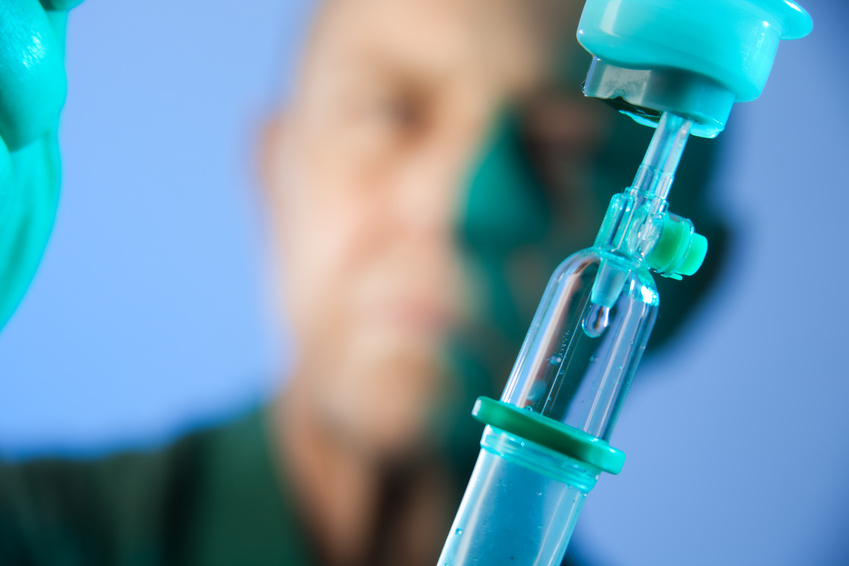
(Vienna, 22 March 2021) Biome Diagnostics GmbH is working closely with several Austrian hospitals to conduct a research project relating to cancer immunotherapy. The aim of the study is to predict tumour response before treatment starts, based on the gut microbiome. The Department of Urology is participating on behalf of MedUni Vienna.
The Viennese start-up, Biome Diagnostics GmbH specialises in the analysis and interpretation of the human gut microbiome. Gut bacteria play a major role in shaping the body's immune response. The fact that the microbiome influences the response to modern cancer immunotherapies (immune checkpoint inhibitors) has been well established in recent studies.
The study started in January 2021 and should be completed by the end of the year. The intention is to include a total of 90 patients with lung cancer (NSCLC), renal cancer (RCC) and malignant melanoma in the study. The study objective is to find out whether the composition of the gut bacteria influences the success of an immunotherapy in different types of cancer. The study will involve taking stool samples before and after treatment, analysing them using the very latest DNA techniques (next-generation sequencing) and then evaluating them by means of bioinformatics.
The study is being conducted in the major Austrian cancer centres, the participating research partners being: Klinik Vienna-Floridsdorf, Medical University of Vienna (Department of Urology /Manuela Schmidinger), Medical University of Graz (Department of Dermatology) , Medical University of Graz (Department of Oncology) and the Medical University of Innsbruck (Department of Dermatology).
Principal Investigator is the Director of the Division of Internal Medicine and Pneumology at Klinik Floridsdorf, Arschang Valipour: "There is no doubt that microbiome diagnostics is one of the most promising areas of research of our time. This project should provide us with in-depth insights into the interaction between the endogenous microbiome and cancer immunotherapy. In future, this could enable us to tailor cancer treatment more specifically to individual patients and to customise the Risk-Benefit profile of the treatment as accurately as possible.
Following successful completion of the research project, the aim is to develop a CE-IVD marked diagnostic test for routine clinical use. This non-invasive test will, for the first time, allow oncologists to predict the effect and side-effects of a cancer immunotherapy before treatment starts, thereby providing more patients than ever before with safe and effective immune checkpoint inhibitor treatment. This would be the first certified biomarker in the world in the microbiome sector and would represent a milestone on the way to personalised cancer immunotherapy.